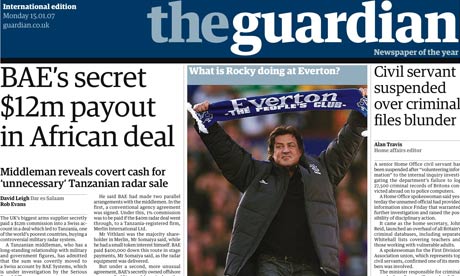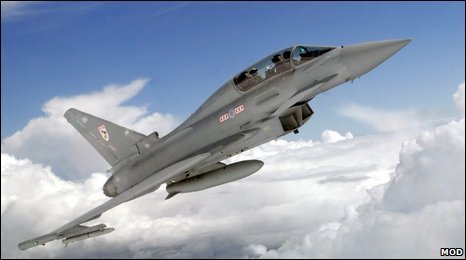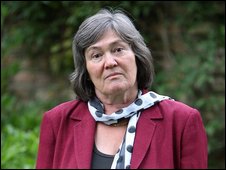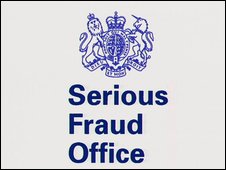Oh,
Mapinduzi HAPANA...!
Kwa nini?
Oh,
Mapinduzi HAPANA...!
Oh,
Mapinduzi HAPANA...!

Hivi hapa kwetu kinafanyika chochote kuchunguza kashafa hiyo au tunawasubiri hao wazungu?











Kw mfano huyo chenge alijiuzuru klwa sababu ya kashifa hiyo. Eti leo bado yumo kwenye kamati ya maadili ya ccm. jamani hiyo ccm itatufikisha wapi . tumechoka tunataka mabadiriko . Naomba tujaribu Chadema
Mkuu hapa JK hahusiki na wala serikali yetu huenda haijishughulishi na hili... Hapa ni serikali ya Uingereza imesimama kidete kuondoa uozo huu... Kesi ipo UK na si Tanzania, kina Chenge walifuatwa na wakatoa ushirikiano wao, sasa kama kutakuwa na mashtaka dhidi yao LEO tutajua!Tutayasikia mengi tunapoelekea uchaguzi mkuu Tanzania. Ukishapita uchaguzi na hizi nyimbo zitapita sawia. Yalisemwa wakati kama huu zamani, JK alipoingia na mambo haya yakaimbwaimbwa halafu njwiiiii!
Leka
